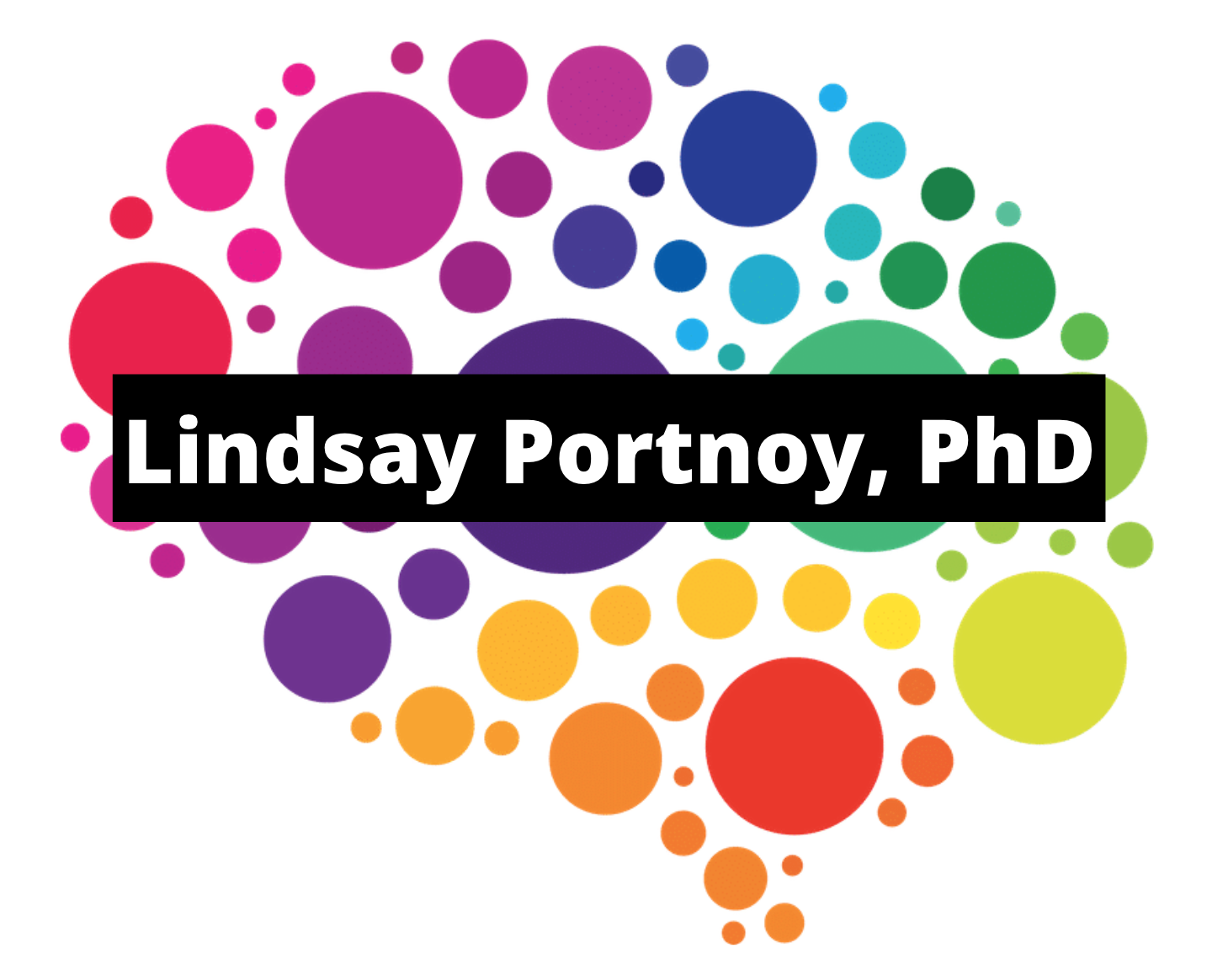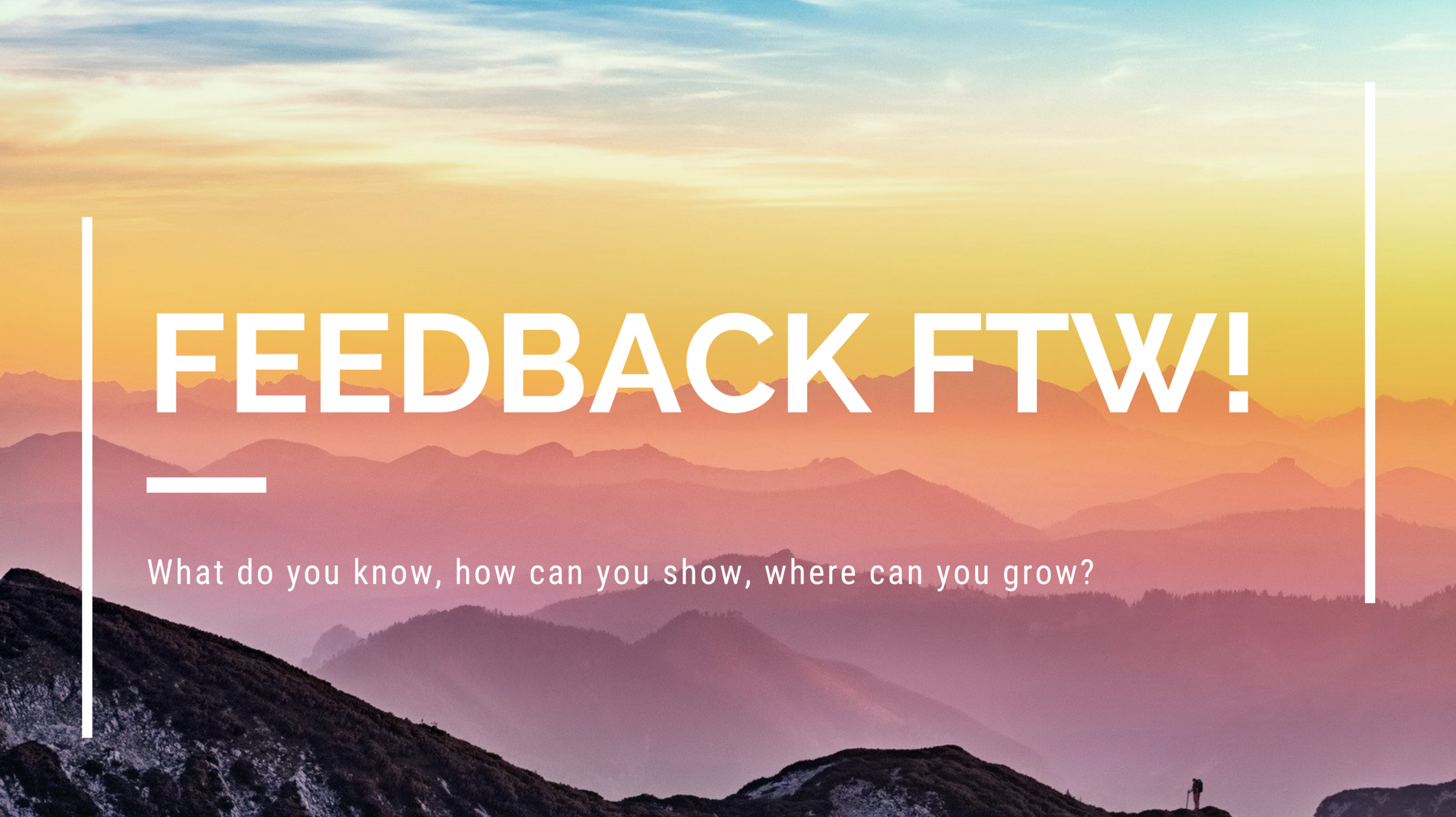For nearly two decades I've worked in education and all the while I’ve maintained my stance that there’s a very specific type of feedback that is essential for growth. This is the feedback that will improve learning, teaching, and living.
To be clear, this is not the summative one stop shop of SATs that do little more than demonstrate your socioeconomic status (SES). Instead, I'm talking about the feedback that is iterative and formative and helps us see the opportunity to grow right now.
What is formative feedback? It’s about figuring out 1) what we know, 2) how we can show what we know, and lastly 3) where we need to grow (or go).
Yes, it’s really that simple.
But feedback is only useful if we use it to make a change. Changes can be made to policies, practices, approaches to teaching and learning, all ways of changing the status quo in search of something better.
So in reality, formative feedback is only a lever for change if it is used. And herein lies one of the biggest issues with formative feedback: understanding why so often it is NOT taken.
There have been books written about how to give feedback and very few about how to receive feedback. Think about that for a moment: while it’s easier to call out what needs changing, it’s harder still to ensure that the ‘what needs changing’ is raised with the right people and that it is actually received.
We know the power of formative feedback. Yet very few schools are actually using formative feedback to inform instruction or pivot on their practices. This is the same for our children and for us as grown ups.
I’d argue that the same could be said about the use of formative assessment in the workplace. With all the talk of ‘growth mindset’ how often are we really given the opportunity to reflect and improve in meaningful ways at work?
This is likely an issue of culture in organizations. It’s the resistance to taking feedback as an opportunity to reflect and iterate with additional information. Instead, our gut reflex is to take feedback as criticism because we see it as personal. So how do we break this cycle?
How we move from our innate reflex of seeing feedback as criticism is by stopping to separate ourselves from the feedback. My suggestion: take feedback from a place of curiosity. Instead of looking at it as being about you, look at feedback as being about the giver of the feedback. Better yet, when getting feedback from students or colleagues try to wonder: how can we do something different and potentially better with this new information?
We’re in the midst of a global pandemic and the need for feedback has never been greater. The feedback we should be collecting could transform what the future of learning looks like for everyone in our country. We’re creating a new way of learning that has never been done before. And the need for feedback has never been stronger.
This doesn’t mean the feedback loop stops once we return to whatever becomes our new normal. But it does mean we should be doing better to collect feedback from our students and their caregivers now and using that feedback to inform what we do tomorrow, next week, and in the next decade.
In business school you learn about customer discovery. This is exactly the way we need to go about collecting feedback about learning during this time. Formative feedback from our children and their caregivers will shed light on what is essential to know in planning for what comes next. Below are some examples of what formative feedback might look like for each of those stakeholders.
Formative feedback from our students can be a simple check in via Google form:
What is working for you during this, to coin a phrase, “crisis schooling”?
What is not working for you during crisis schooling?
How are you feeling connected to your peers, your teachers, your school?
What would you like to feel better connected?
If you had a magic wand, what is one thing you would change about how we’re doing school while not in a building?
Formative feedback from caregivers can be a simple Google form as well:
What is something you’ve seen your child struggle with during schooling over this pandemic?
What is one way you’ve found yourself helping your child to access their work on a regular basis?
What is something you want the teachers, administrators, school board to know that is working well?
What is something you want the teachers, administrators, school board to know that is not working well?
What is something about the nature of learning during this time that you wish would be clarified?
If you had a magic wand and could change anything about the way schooling is taking place during this pandemic, what would YOU change?
The purpose of feedback is to inform: It’s about growth, not gotcha.
Way to bury the lede, yes? Now you’ve officially seen the title to the forthcoming book!
But back to the feedback: You can not do better if you don't know what's not working. That's what feedback is for, to tell you what's missing and help you fill that gap. An opportunity to do better because you now know more. Less gotcha, more growth. Don’t squander that opportunity now that you received the feedback. Commit to making changes to address it.
Education is a huge system. And it was not created in a way to serve everyone equitably.
Creating effective systems is about listening to all the stakeholders in that system. Questioning from a place of curiosity. Finding ways to innovate to serve everyone as equitably as possible, and continuously collecting feedback to do better.
Less platitudes and more concrete paths forward.
There are plenty of children, caregivers, and community members who have a wealth of information to share about what is and is not working right now. Those firsthand experiences are the exact experiences we need to consider as we usher in the new model of education that is sure to follow this pandemic.
The question now is: are we ready to listen?

